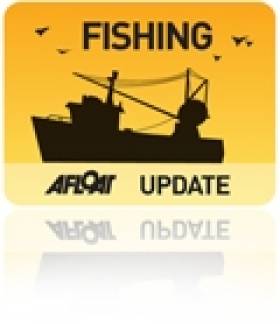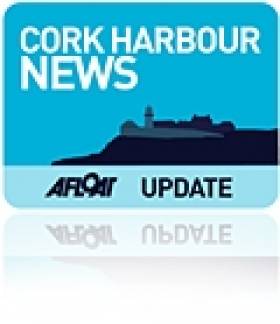Displaying items by tag: Simon Coveney TD
18 Seafood Processing Companies Get €2.7m in Grant-Aid
#fishing – The Minister for Agriculture, Food and the Marine, Simon Coveney TD, announced today the award of €2.7 million in grant-aid to 18 seafood processing companies under the 2015 Seafood Processing Business Investment Scheme. Taken in conjunction with private sector investment, the total investment will be almost €9 million in 2015. The supported projects are projected to deliver 145 Jobs and €41 million in additional sales by 2017. The grants are co-funded by the Department of Agriculture Food and the Marine and the European Fisheries Fund under the Seafood Development Programme.
Minister Coveney, in stressing the value of this grant-aid package to the Seafood Processing industry said, "this investment of almost €9 million in 2015 will enable our innovative seafood processers to continue their strong growth trend over recent years that will see the sector continuing to grow sales internationally and grow employment in our coastal communities. It will put the required technology, infrastructure and standards in place to allow these businesses develop added value seafood products that are in great demand on the global market."
The Minister concluded "the Irish seafood processing industry generally, in line with Government policy under the Food Harvest 2020 plan, has strong plans to significantly grow its business further in the years ahead. I believe we can look forward with confidence to seeing the seafood processing sector continuing to be an integral part of Government's policy to grow our indigenous seafood industry".
#oceanwealth – Minister for Agriculture, Food and the Marine Simon Coveney TD today announced the details of a major Conference on Our Ocean Wealth which is being held in Dublin Castle on 18 June 2014.
Announcing the Conference, Minister Coveney commented that "the implementation of Harnessing Our Ocean Wealth is a whole of Government initiative. Our vision is that our nation's ocean wealth will be a key element of our economic recovery and sustainable growth and we will continue to work with the sector's stakeholders to achieve this vision for our citizens".
The Conference is the first annual review of progress in implementing the Government's 2012 publication Harnessing Our Ocean Wealth: An Integrated Marine Plan for Ireland. The Government sees the marine sector as an important pillar to our national recovery and Harnessing Our Ocean Wealth is a key driver for developing the sector to meet our growth targets for it.
The Conference will cover four main themes: The Global Opportunity for Irish Seafood; Research & Innovation and Emerging Sectors; Energy – Offshore Hydrocarbons; and Where Land Meets the Sea – Opportunities and Challenges for Marine Tourism. Key speakers will address these four themes followed by a panel discussion with relevant stakeholders.
Haulbowline Island Contract Signed for 'Quantitative Risk Assessment' of Steelworks Site
#haulbowline – The Minister for Agriculture, Food and the Marine, Simon Coveney T.D. today attended the contract signing for a Detailed Quantitative Risk Assessment of the former steelworks factory site on Haulbowline Island.
Commenting at the signing today the Minister said "this contract for the assessment of the former steelworks factory site moves the Haulbowline Island remediation project into a new phase and underpins the whole of island remediation approach that is now being adopted".
Cork County Council is acting as agent of the Minister for the remediation of Haulbowline Island. The contract was awarded to ARUP and is for a rigorous and robust Detailed Quantitative Risk Assessment (DQRA) which will be prepared in accordance with current best practice, taking cognisance of relevant legislation, standards and guidance. Additional surface water, groundwater and gas sampling will be undertaken. All available data will be collated, analysed and interpreted and a report containing the DQRA, options appraisal and remedial solution prepared. This report will outline, in detail, the proposed remedial solution.
A planning application for works on the East Tip was lodged with An Bord Pleanála on 30th October 2013 and the waste licence application was submitted to the Environmental Protection Agency on 14th November 2013.
An Bord Pleanala held a public hearing on the application on 19th March 2014 and the Bord have indicated that a decision on the application is due by 24th April2014.































































